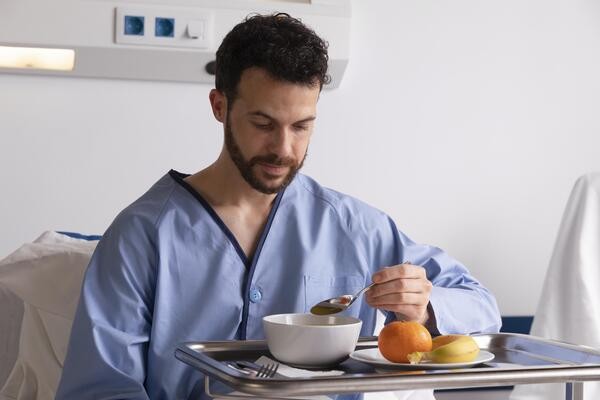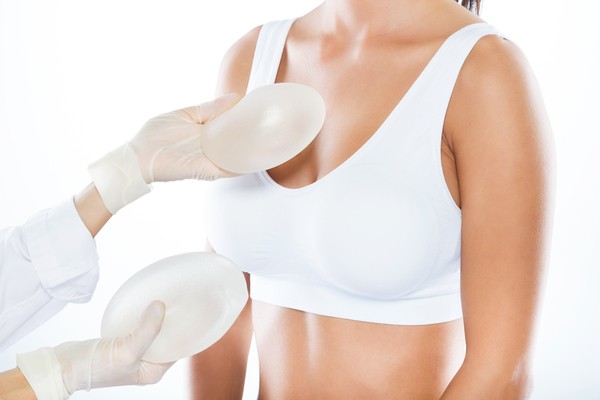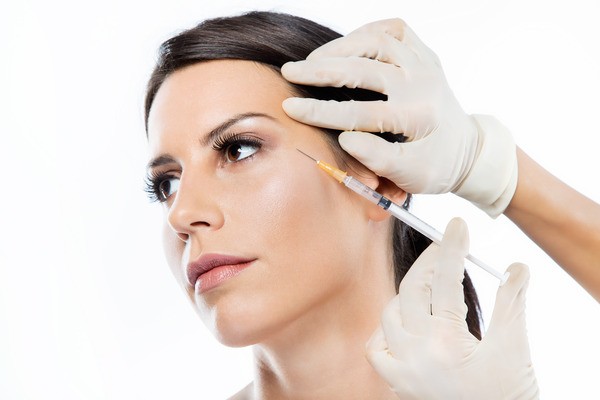
Post-Surgical Nutrition: What To Eat For Faster Healing & Better Results
When it comes to surgery, most people worry about the procedure itself, the medications, and the recovery process — but very few stress about nutrition. While they usually know which treatment to go for, they often overlook what to eat before and after surgery.
But the truth is the right nutrition can make a big difference. It helps your body prepare for surgery and recover faster afterward.
In this article, we’ll explain why nutrition is so important for healing and share everything you need to know to support a smooth and healthy recovery.
Essential Nutrients For Optimal Recovery
1. Protein
Protein is crucial for tissue repair and muscle regeneration. After procedures like facelifts or liposuction, your body's protein requirements increase to support the healing process.
Good Source of Protein:
- Lean meats (chicken, turkey)
- Fish (salmon, tuna)
- Eggs
- Dairy products (yogurt, milk)
- Legumes (lentils, chickpeas)
- Tofu and tempeh
2. Vitamin C
Vitamin C plays a vital role in collagen production. It is essential for skin elasticity and wound healing. It also acts as an antioxidant, protecting cells from damage. Incorporate a variety of these fruits and vegetables into your meals to meet the daily requirement post-surgery.
Good Source of vitamin C:
- Citrus fruits (oranges, lemons)
- Strawberries
- Bell peppers
- Broccoli
- Kiwi
3. Zinc
Zinc is essential for cell growth and tissue repair. It supports Immune function, thus healing. A deficiency can impair wound healing and increase the chances of infections.
Good Source of Zinc:
- Shellfish (oysters, crab)
- Red meat (beef, lamb)
- Poultry
- Pumpkin seeds
- Nuts (cashews, almonds)
- Whole grains (quinoa, oats)
4. Omega-3 Fatty Acids
Omega-3s have anti-inflammatory properties that can help reduce swelling and promote healing.
Good Source of Omega-3 Fatty Acids:
- Fatty fish (salmon, mackerel)
- Chia seeds
- Flaxseeds
- Walnuts
5. Vitamin A
Vitamin A supports skin integrity and immune function, both crucial for post-surgical healing.
Good Source of vitamin A:
- Sweet potatoes
- Carrots
- Spinach
- Kale
- Butternut squash
6. Iron
Some Surgical procedures can lead to blood loss, making iron essential for restoring hemoglobin levels.
Good Source of Iron:
- Red meat
- Poultry
- Fish
- Leafy greens (spinach, kale)
- Legumes
- Fortified cereals
7. Hydration
Adequate fluid intake is vital for nutrient transport, toxin elimination, and maintaining skin elasticity.
Tips:
- Drink at least 8-10 glasses of water daily.
- Include hydrating foods like cucumbers and watermelon.
- Limit caffeine and avoid alcohol, as they can dehydrate the body.
Why Nutrition Matters After Surgery
Surgery can be hard on your body but taking the right nutrition can make a smooth transition in the healing process. It is not about filling your stomach, but giving your body the fuel it needs to bounce back faster and feel better.
Eating the right foods helps to:
- Heal your wounds quicker
- Reduce swelling and discomfort
- Boost your immune system so you don’t get sick
- Keep your energy levels up when you’re feeling low
- Improve how well your treatment works and how quickly you see results
On the other hand, poor nutrition can slow down your recovery, increase the risk of complications, and make it harder to get the outcome you hoped for.
What Foods To Avoid During Recovery?
Knowing what foods to avoid is as important as knowing what to eat. Some foods can actually slow down your recovery without you even realizing it. While you might be tempted to reach for comfort snacks or your favorite fast food, these choices can make healing take longer.
- Processed Foods and Sugary Treats
Foods like packaged snacks, candies, baked goods, and sugary cereals may taste good, but they’re low in nutrients and high in sugar. Sugar can increase inflammation in the body, which may lead to more swelling and slower healing of your wounds.
- Saturated and Trans Fats
Deep-fried foods, processed meats (like sausages or bacon), and fast food meals often contain unhealthy fats that can interfere with the body’s natural healing process. They can also reduce your body’s ability to fight infections.
- Alcohol
It’s best to skip alcohol while you’re healing. Alcohol can thin your blood, which affects clotting and may slow down how your body repairs itself. It also dehydrates you and can interfere with medications, especially painkillers or antibiotics prescribed after surgery.
- Too Much Caffeine
A cup of tea or coffee is usually fine, but too much caffeine (especially from energy drinks or strong coffee) can dehydrate your body and increase anxiety or restlessness.
Recover Confidently With The Best Cosmetic Surgeon In Kolkata – Dr. V. S. Rathore
Healing after surgery isn’t just about rest — it’s about giving your body the complete care it truly needs and deserves.
If you're planning a hair transplant, liposuction, facial surgery, or any other cosmetic treatment, you’re in the right hands. At Dr. V. S. Rathore clinic, known as the Best Cosmetic Surgeon in Kolkata, we take a holistic approach to your transformation. That means combining expert surgical care with essential guidance on nutrition and recovery.






